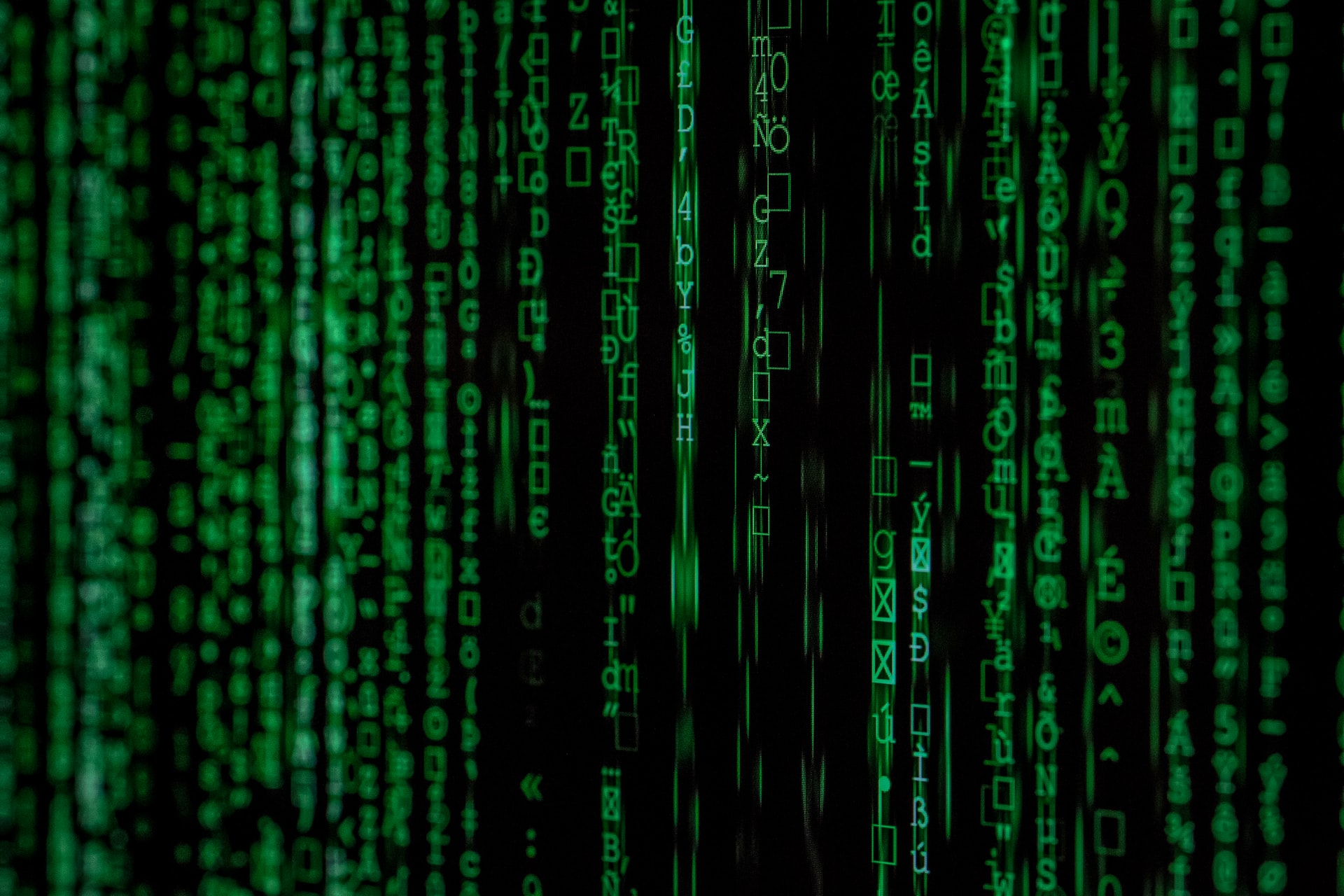Table of Contents
Introduction
A trusted virtual private network (VPN) can make internet browsing secure. Government agencies are less likely to snoop on people thanks to VPN security, which may shield your IP address and encrypt your browsing history.
Suppose you’re wondering what a virtual private network (VPN) is. In that case, it’s a system that enables internet users to safeguard their organization and themselves online by setting up private web surfing sessions. Prevent others from listening in on the user’s online activity and the data and information they communicate while using public WiFi, and this is very crucial. A VPN conceals a user’s online activities and location by establishing a secure tunnel between their machine and the VPN server.
We must inquire about how VPNs safeguard our privacy because more and more people of all types are relying on them.
How does a VPN protect your privacy and IP address?
A VPN establishes a secure, encrypted connection over less secure networks, including open WiFi. You can send and receive encrypted data using a VPN application. Additionally encrypted for additional security and protection are the sending and receiving network addresses. Additionally, the encrypted data is sent across servers that essentially eliminate the ability to trace the origin and destination of your traffic.
Now, you may ask, what about my IP location? How does a VPN hide it? Through the use of a distant server that has been carefully set up, a VPN can mask your IP address. The construction of a data tunnel between your local network and an exit node thousands of kilometers distant gives the impression that you are in another location. Without a VPN, your internet service provider has access to all your browsing data. Your search history can be masked with a VPN.
Why do you need a VPN?
VPNs are used by searchers for various purposes, including torrenting, accessing content that is banned for enjoyment, maintaining their anonymity online, and obtaining sensitive information connected to their jobs. Naturally, most VPN uses center on protecting users’ data security and anonymity.
This is why you require a VPN:
● Best Connectivity
Most of our daily duties and activities are now done online. We use social networking apps to communicate with pals while paying bills and making purchases online. Additionally, by 2025, 73% of the world’s population will only use mobile devices to access the internet. You must secure every gadget you use to safeguard your data. You risk getting hacked, for instance, if you use a VPN on your desktop computer but do not secure your laptop, tablet, or smartphone. For this reason, you ought to use a VPN on every device you own. Select a VPN provider that supports many simultaneous connections at all times.
● Watch Restricted Content
Accessing websites and streaming services restricted by location is one of the main reasons people use VPNs. Popular streaming services have different viewing restrictions based on the nation from which you access their websites. As a result, without a VPN, you might not be able to watch your preferred movie or TV show. By choosing the nation you appear to be connecting from when using a VPN, you can access streaming content that might not be available in your home country. Additionally, they give you access to websites and social media networks that may be blocked in your nation.
● Improve Browsing Privacy
Your online search history is constantly collected and analyzed by a wide variety of retail apps, social media sites, and search engines. Your clicks on links, purchases, and even liked social media posts are all recorded by them. They make use of this data to make the material they display you, including the advertising, more relevant to you.
Please be aware that simply deleting your browsing history won’t stop them from being able to do this. The best approach to stop these services from monitoring your online activities, though, is by far using a VPN. By obscuring your browser’s cached information and location, a VPN improves your browsing privacy and stops businesses from displaying content based on your searches and location.
● Avoid Speed Limitations
ISPs frequently slow down consumer internet connections when they observe them downloading a lot of content, too — for instance, using torrent clients like BitTorrent. Using a VPN reduces the likelihood that your ISP will slow down your internet by preventing them from seeing how much content you are streaming or downloading.
Conclusion
Our regular activities have moved online today, including anything from reading the news to conversing with pals. You should always keep in mind that someone is tracking and reading your data whenever you access your social media accounts, open a website, or download a file. Not to mention the dangers of accessing open WiFi networks in terms of cybersecurity. With the knowledge that you are invisible to both obnoxious advertisements and cybercriminals, a VPN will make you feel safer and more at ease.

